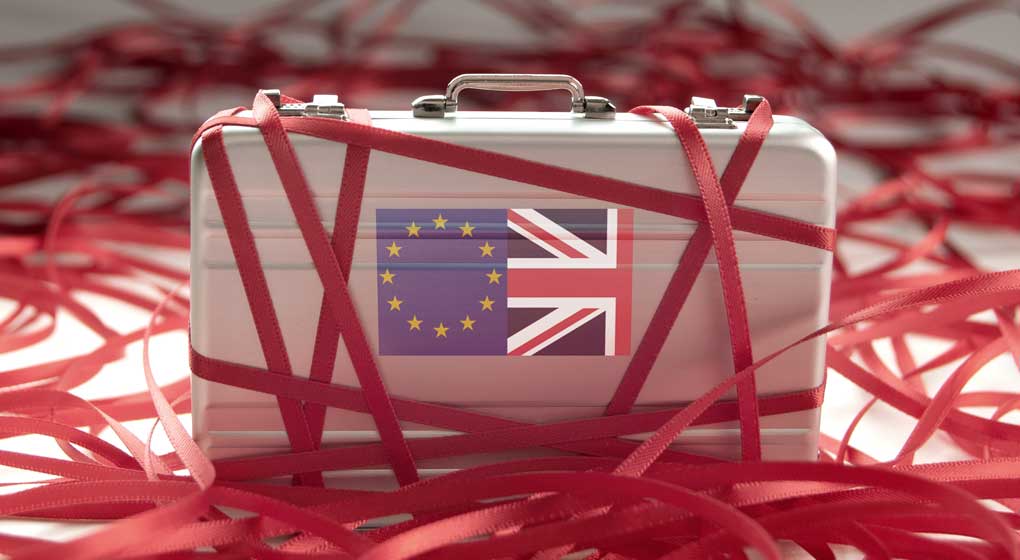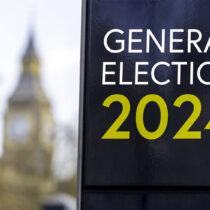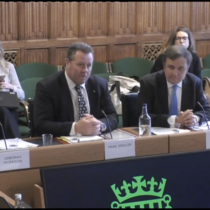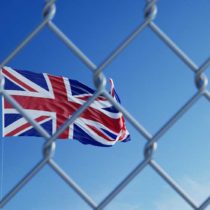Brexit, what next for our relationship with the EU?
So, if a Brexit deal is done and we leave the EU. What next?
The BMPA 2019 Conference will look at the options and challenges facing the UK as we potentially leave the world’s only full customs union and the Single Market.
Where can we look to see how this might work…or not and in particular, to see how we can maintain the frictionless trade we currently enjoy with the EU or at the very least minimise that friction?
Several examples are cited including the Norway-Sweden border; 1630 km long with 10 approved border crossings, all of them with customs controls on at least one side of the border. There are 30 other crossings which can be used by private cars or commercial vehicles which are pre-cleared. Otherwise commercial lorries carrying goods have to queue to submit papers for inspection and stamping.
The average waiting time at a Sweden-Norway border crossing is eight minutes, though it can take hours on busy days. To put this into perspective a truck passes through the Dover corridor every 8 seconds on average!
The average waiting time at a Sweden-Norway border crossing is eight minutes, though it can take hours on busy days.
Although Norway is not in a customs union with the EU it remains in the Single Market which significantly reduces the burden at the border inspection posts as they are signed up to the principles of free movement.
Crucially, they maintain regulatory alignment with the EU. This does not overcome the issue of tariffs, but it does mean that goods can cross the border without veterinary and public health checks. But this model imposes obligations on the UK which are almost certainly too onerous for political acceptance.
Where else can we look and what might work?
Lars Hoelgaard, a former Deputy Director General in Dg Agriculture and currently a partner in Trade Up, an International Trade Consultancy is an expert in International Trade and Trade negotiations. He will present the options at the BMPA Conference on 5 June. He will look at the sort of functional partnership the UK and the EU will need to develop if relatively frictionless trade is to be secured.
What sort of relationship can the UK have with the European institutions? Does leaving the EU mean that the UK can become a rule maker rather than a rule taker? Or, more realistically, can the UK balance independent policy with a degree of alignment that facilitates trade? Can it have some sort of seat at the table even as a non-EU country? Lars will look at the range of alternatives and suggest a way forward.
If you want to know how Brexit might work, book your ticket to the BMPA conference at Stationer’s Hall on 5 June 2019 to get the expert view. Tickets are strictly limited.







